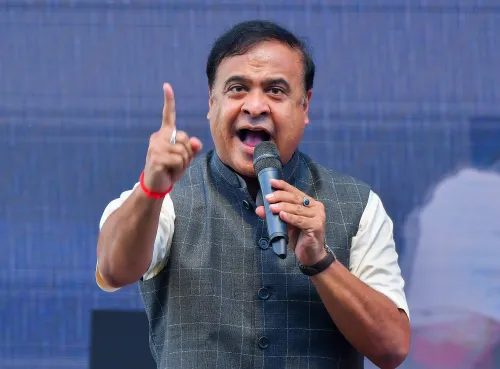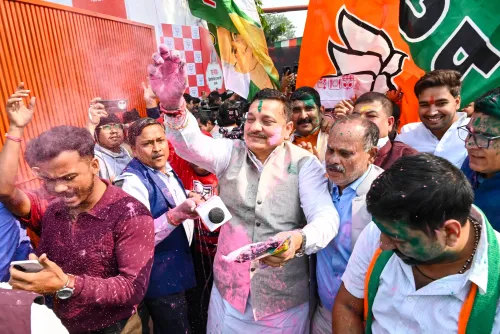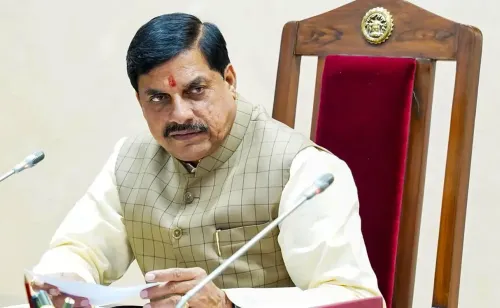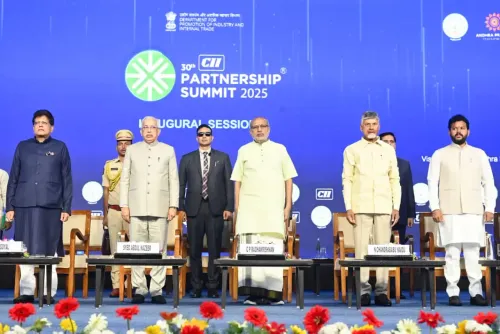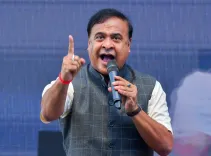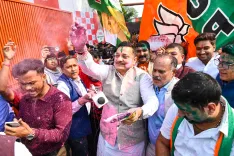Did the Maha Cabinet Really Approve a Tax Increase on Electricity Sales to Support the PM-KUSUM Scheme?
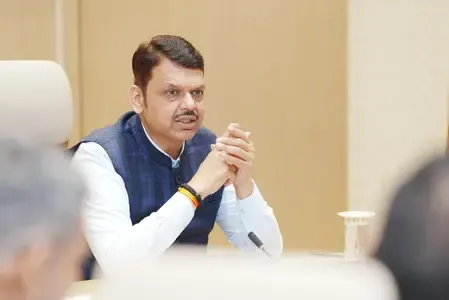
Synopsis
Key Takeaways
- Tax increase of 9.90 paise per unit approved.
- Funding directed towards the PM-KUSUM scheme.
- Plan to install 6.50 lakh solar pumps.
- More than 4.23 lakh pumps have already been installed.
- Annual revenue expected to be Rs 1,764 crore.
Mumbai, Sep 30 (NationPress) The Maharashtra Cabinet, led by Chief Minister Devendra Fadnavis, has sanctioned a 9.90 paise per unit hike in the additional tax imposed on the sale of electricity (Additional Time of Supply/Servicing Equipment). This increase will be levied on industrial and commercial consumers of both private electricity distributors and the state-owned Mahavitaran.
The government has approved raising the additional tax on supply/servicing equipment from 11.04 paise per unit to 20.94 paise per unit.
The funds generated from this tax hike will be allocated to finance the Pradhan Mantri Kusum Phase-B Yojana.
According to the government’s announcement, this initiative aims to provide farmers with adequate electricity for daytime irrigation through solar-powered agricultural pumps.
The plan includes installing a total of 6.50 lakh solar agricultural pumps in Maharashtra under the Pradhan Mantri Kusum Ghatak-B Yojana, as stated.
Currently, over 4.23 lakh solar agricultural pumps have already been set up in the state.
To complete the installation of the remaining 2.27 lakh solar pumps by March 2026, the state government requires Rs 3,591.38 crore.
The anticipated revenue from the tax increase is projected at Rs 147 crore monthly and Rs 1,764 crore annually.
The government’s decision to enhance electricity sales tax aims to secure the necessary funds for the successful implementation of this scheme.
The Pradhan Mantri Kusum Ghatak-B Yojana, part of the national PM-KUSUM initiative, is designed to assist farmers in transitioning from diesel pumps to standalone solar pumps in off-grid areas.
This program offers financial aid for pump installations, with the state subsidizing a considerable portion of the costs, thereby making solar irrigation more feasible and promoting renewable energy.
Under this scheme, the Central government contributes a 30 percent subsidy on the benchmark cost of the pump, alongside offering loans up to 30 percent of the project cost.
Support is available for pumps with a capacity of up to 7.5 horsepower, while farmers can install higher capacity pumps at their own expense.

